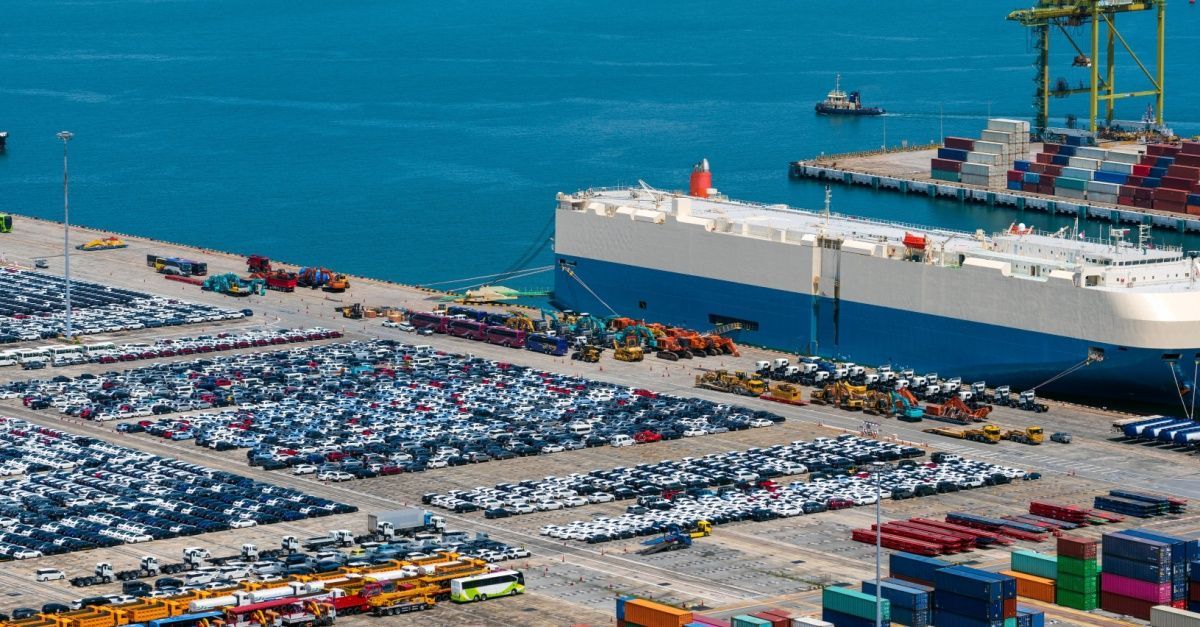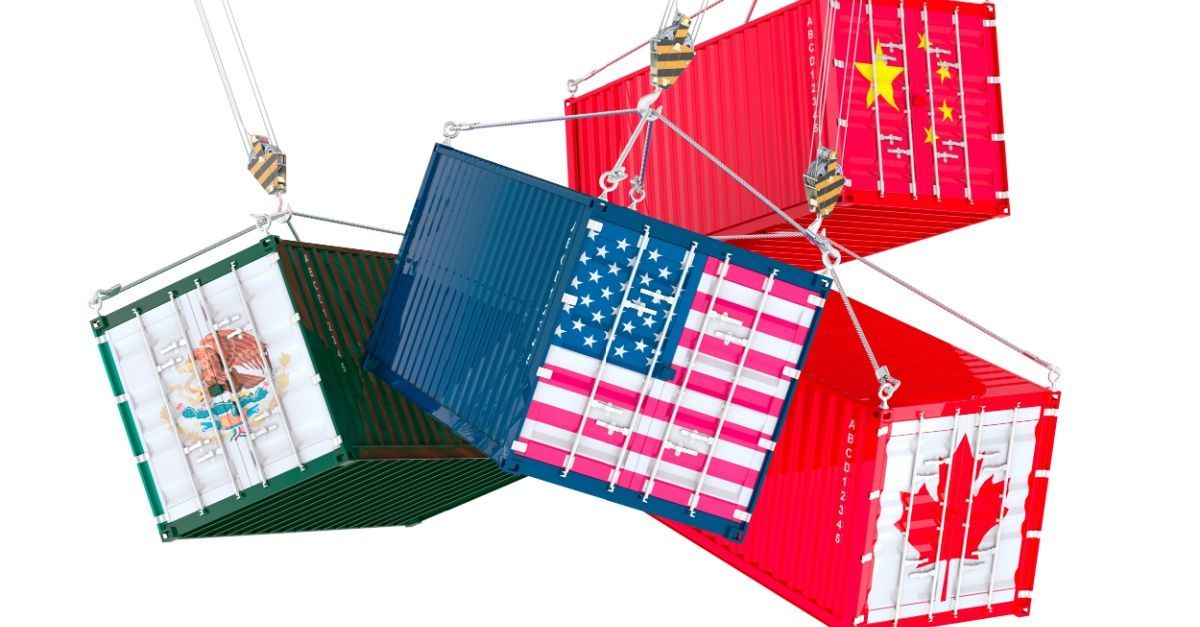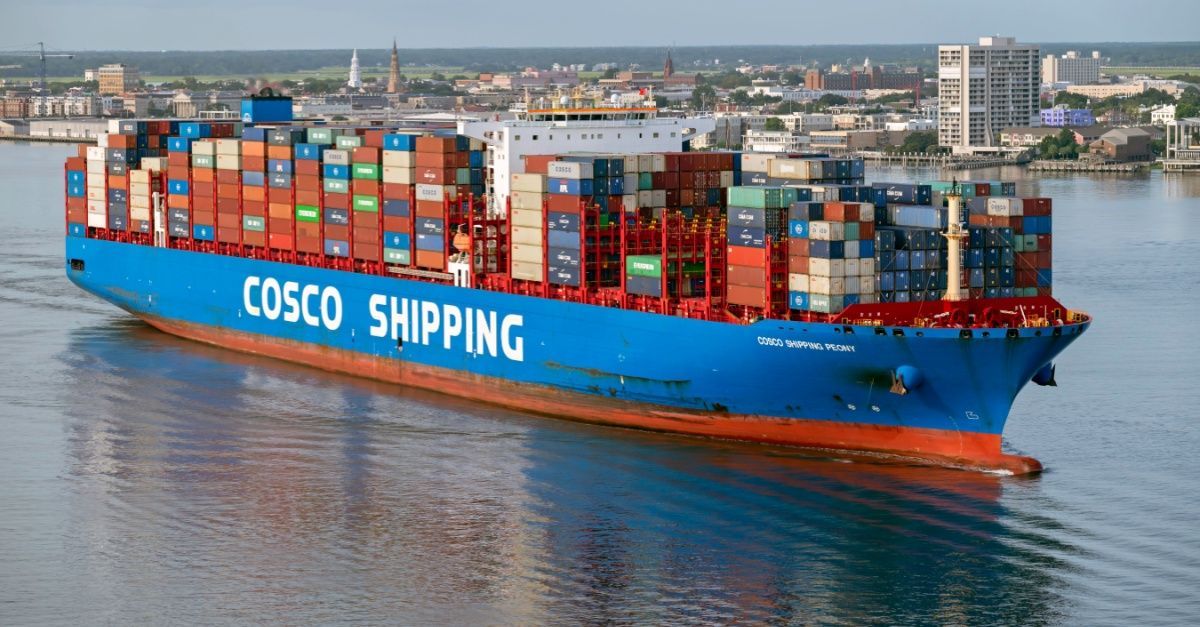Trucking Firms’ Financials Are Still Downhill
Blog Post CTA
An ongoing freight recession isn’t showing many signs of letting up. As trucking carriers report their latest quarterly financial results, they’re revealing dips in revenue in income, and squeezed profits and margins.
It’s a shipper’s market and has been for multiple years, with historically low freight rates. There are more available trucks than there is available freight, making it tough for trucking companies to boost their earnings.
Following trucking’s financials gives shippers a snapshot of what’s happening in the market, so bids and rates for their own freight. Here are six headlines to keep up on the state of the trucking industry, along with other supply chain and logistics news.
J.B. Hunt’s Income Tumbles
The Arkansas-based trucking giant reported a drop in income in its second quarter. According to Trucking Dive, J.B. Hunt’s operating income fell 24% YOY. The reason? The weak freight market that’s existed for two years.
It’s not just one type of freight, either. Intermodal, truckload, dedicated contract, and integrated capacity solutions brokerage all saw volume dip. Only the final mile segment, which delivers goods on the last leg of the supply chain, reported an increase in revenue.
J.B. Hunt CEO Shelley Simpson said shippers are doing a better job managing inventory. It’s creating a demand pattern that more closely resembles pre-pandemic times. Instead of big swings or stockpiling of inventory, freight demand is more seasonal.
Despite some not-so-great results in Q2, the trucking carrier’s executives are optimistic about this second half of the year. Even by the end of Q2, they were starting to see some momentum in freight volume.
Marten’s Financials Nosedive
Marten Transport’s balance sheet painted a similar picture.
Revenue fell by nearly
$40 million year-over-year in the second quarter. Net income was a third of what it was in last year’s Q2. Profits and margins weakened because of
higher operational costs and near rock-bottom freight rates,
Transport Topics reported.
As Marten’s executive chairman, Randolph Marten, summed it up: “Our earnings were heavily pressured by the freight market recession’s oversupply and weak demand, inflationary operating costs, and cumulative impact of freight rate reductions leading to freight network disruptions.”
Just like at J.B. Hunt, revenue fell across segments, including truckload, dedicated, intermodal, and brokerage. Operating income was also down in those four of Marten’s segments.
UPS Profits Plummet
Trucking carriers aren’t the only ones suffering. UPS – which operates trucking services but also parcel, airfreight, and more – revealed a big drop in profit in its latest earnings report.
According to an article in
Pymnts, consolidated operating profit in Q2 fell 30% YOY. In addition,
revenue was down, although just by 1.1% compared to last year’s Q2. Some of the factors for the drops include stagnant pricing, higher labor costs, and overall soft freight demand.
UPS wants to emerge profitably from the prolonged freight recession. To do that, it’s focusing on digital tools and rightsizing its network. In one example, UPS deployed an automated process for driver dispatching, which cut down staff by 26%. It also has a smart facility program, so customers can print out their own RFID labels, further reducing the need to employ workers to do that task. UPS has closed five buildings as part of its “Network of the Future” plan.
On the latest earnings call, CEO Carol Tomé told investors: “We expect to return to operating profit growth.”
Saia on a Spree
While UPS shutters some of its facilities to improve costs, Saia is opening up terminals.
The
LTL carrier announced it will open two new service centers this year,
FreightWaves reported. One is located in Stockton, California, with the goal of serving the Northern California market. The other is in Davenport, Iowa, to strengthen operations in the Midwest.
The two centers are part of a plan to add somewhere between 18 and 21 terminals this year. Other terminals will be in Minnesota, Montana, New Jersey, Pennsylvania, Texas, and Utah.
Saia has been on a spree of acquiring properties and opening service centers. The less-than-truckload company bought 17 facilities from Yellow, after that firm went bankrupt and auctioned off its assets. Saia also agreed to acquire 11 of Yellow’s leased properties. But the two new service centers in California and Iowa are separate from the Yellow sites, per FreightWaves.
All told, Saia could have up to 215 terminals by the end of this year, with its streak of opening terminals and service centers.
AAA Cooper Reopens Yellow Terminals
AAA Cooper Transportation, too, is reopening old Yellow terminals.
According to Trucking Dive, AAA Cooper’s parent company, Knight-Swift, acquired more than a dozen terminals from Yellow last year in its bankruptcy auction. Now, AAA Cooper has reopened four of the terminals. They’re located in Athens, Georgia; Jackson, Michigan; Dayton, Ohio; and Everett, Washington.
Knight-Swift sees the terminals as a way to provide national in-house LTL service by 2026.
FMCSA Needs More Data
Meanwhile in Washington, the Federal Motor Carrier Safety Administration is struggling with a lack of data.
The agency that governs trucking and safety told
Congress that it’s having a tough time getting a handle on broker fraud,
FreightWaves reported. FMCSA doesn’t have enough data, and jurisdiction issues are making it challenging to spot unlawful brokerage activities.
Much of the concern is related to
broker fraud and its relationship with motor carrier safety.
“As brokers do not typically engage in the actual transportation of goods, however, the direct safety impact of failing to register with FMCSA as a broker is unclear,” the agency wrote in its report to Congress.
Navigate Truck Rates and Financials with Entourage Freight Solutions
Trucking rates are at historic lows. While this can seem like good news for shippers looking to contract their freight or ship it via the spot market, it also means the market is somewhat unstable, and trucking carriers will do what they can to recoup costs and stay afloat.
That’s why shippers need access to freight management services and real-time data, to keep on top of their shipments and find stability in a volatile environment.
Entourage Freight Solutions provides steady services that can help you navigate an ever-changing logistics environment and receive important information in real time.
Entourage Freight Solutions offers the following services and many more:
- Our LTL Service provides on-demand access to capacity, along with real-time data and peace of mind in this high-stakes world.
- Our Freight Management lets your team stay organized across inbound and outbound logistics, tracking market capacity and using automation notifications to keep everyone informed.
- Our Refrigerated Transport provides expertise in everything from finished goods to raw materials, ensuring products arrive on time and in top condition.
Request a quote today to see how Entourage Freight Solutions can help with your freight movement and other supply chain needs.









